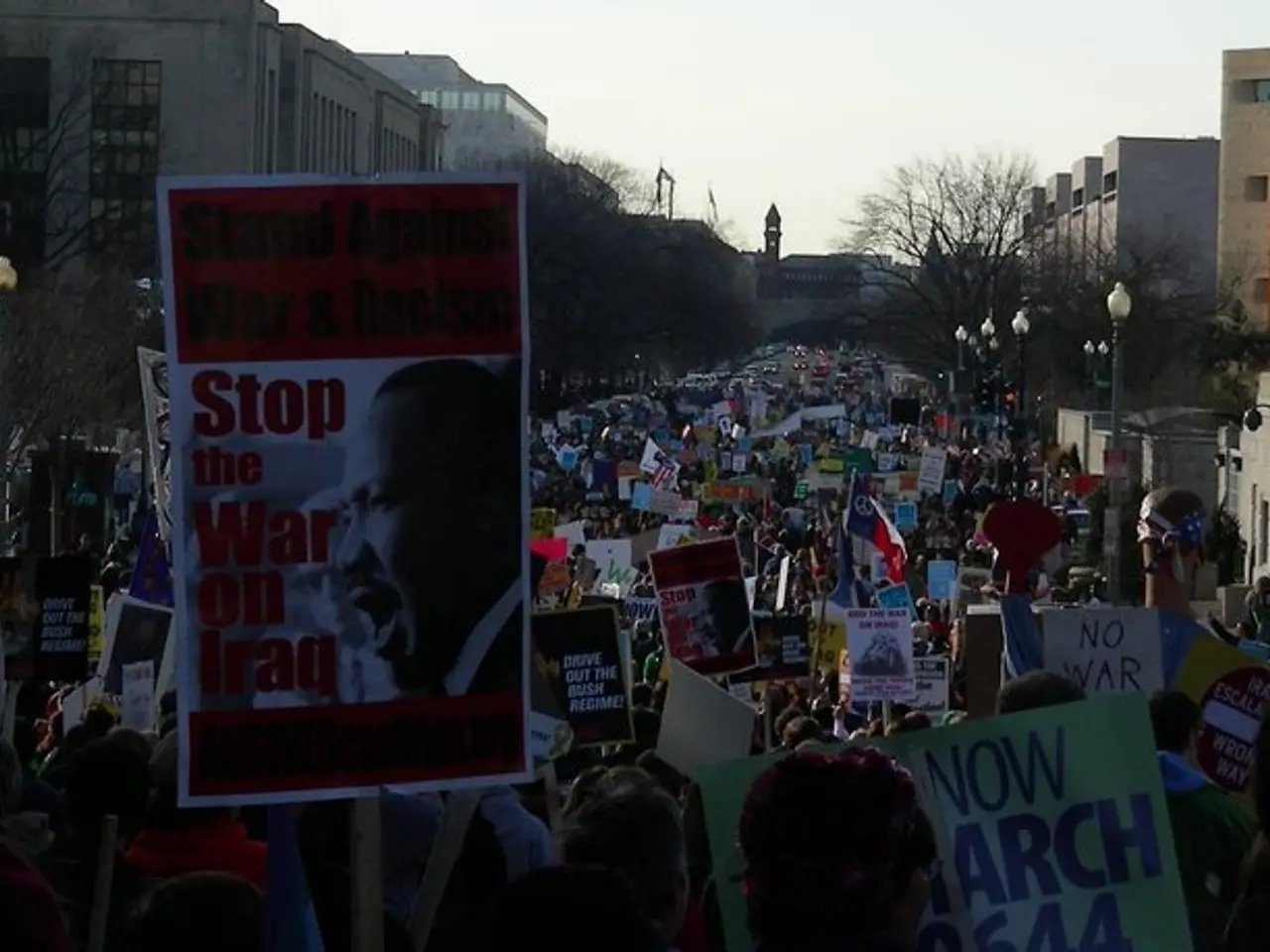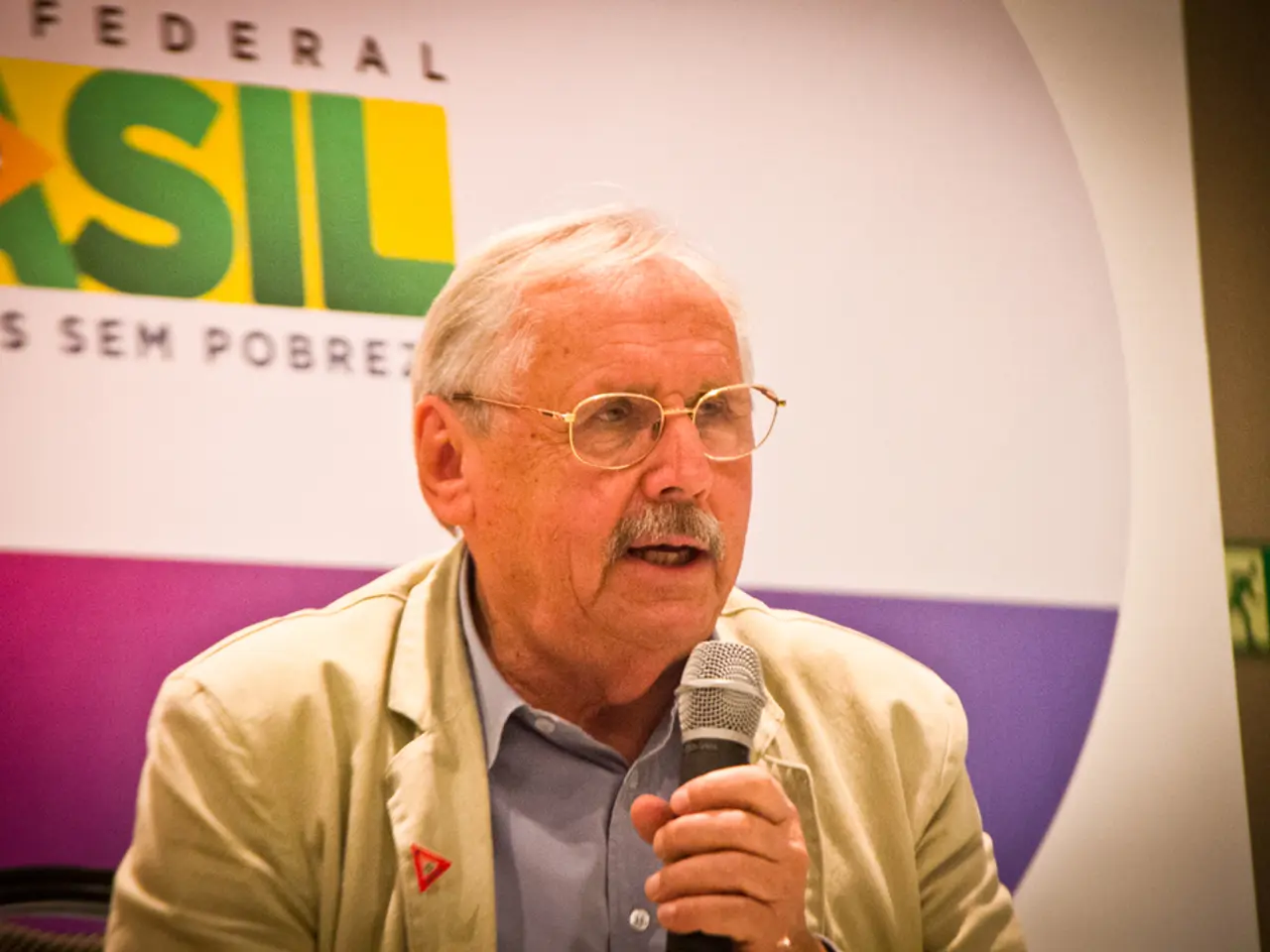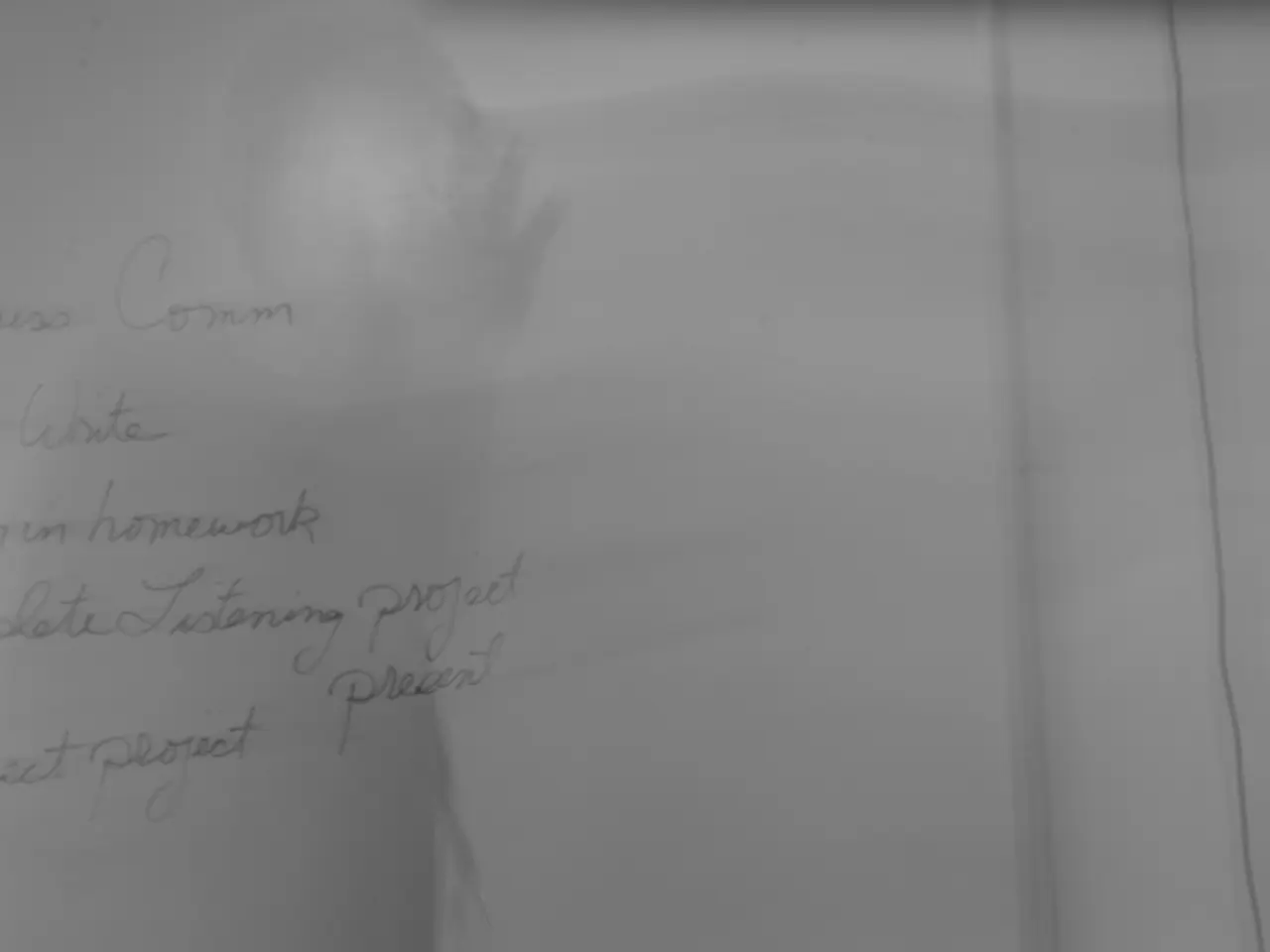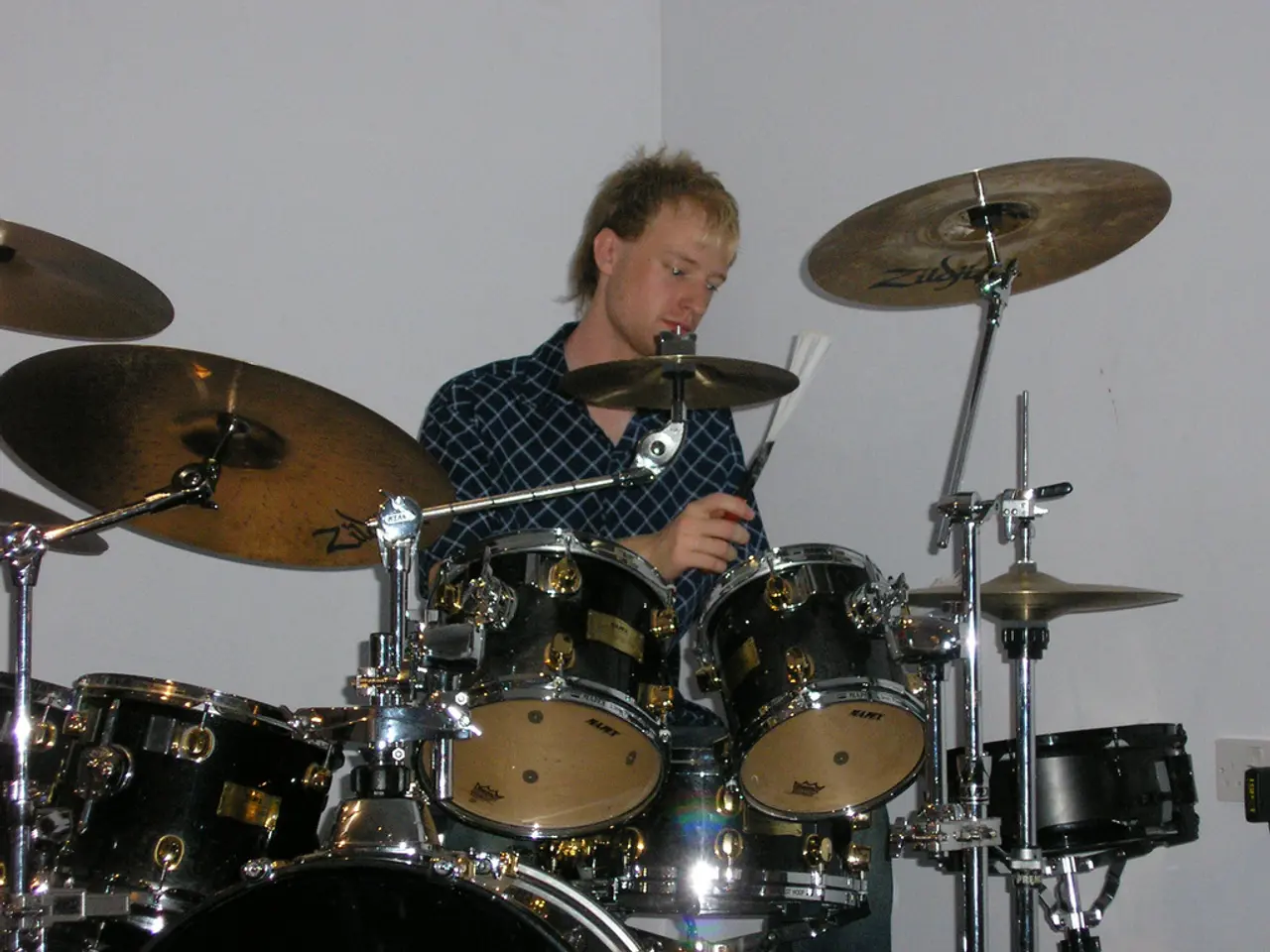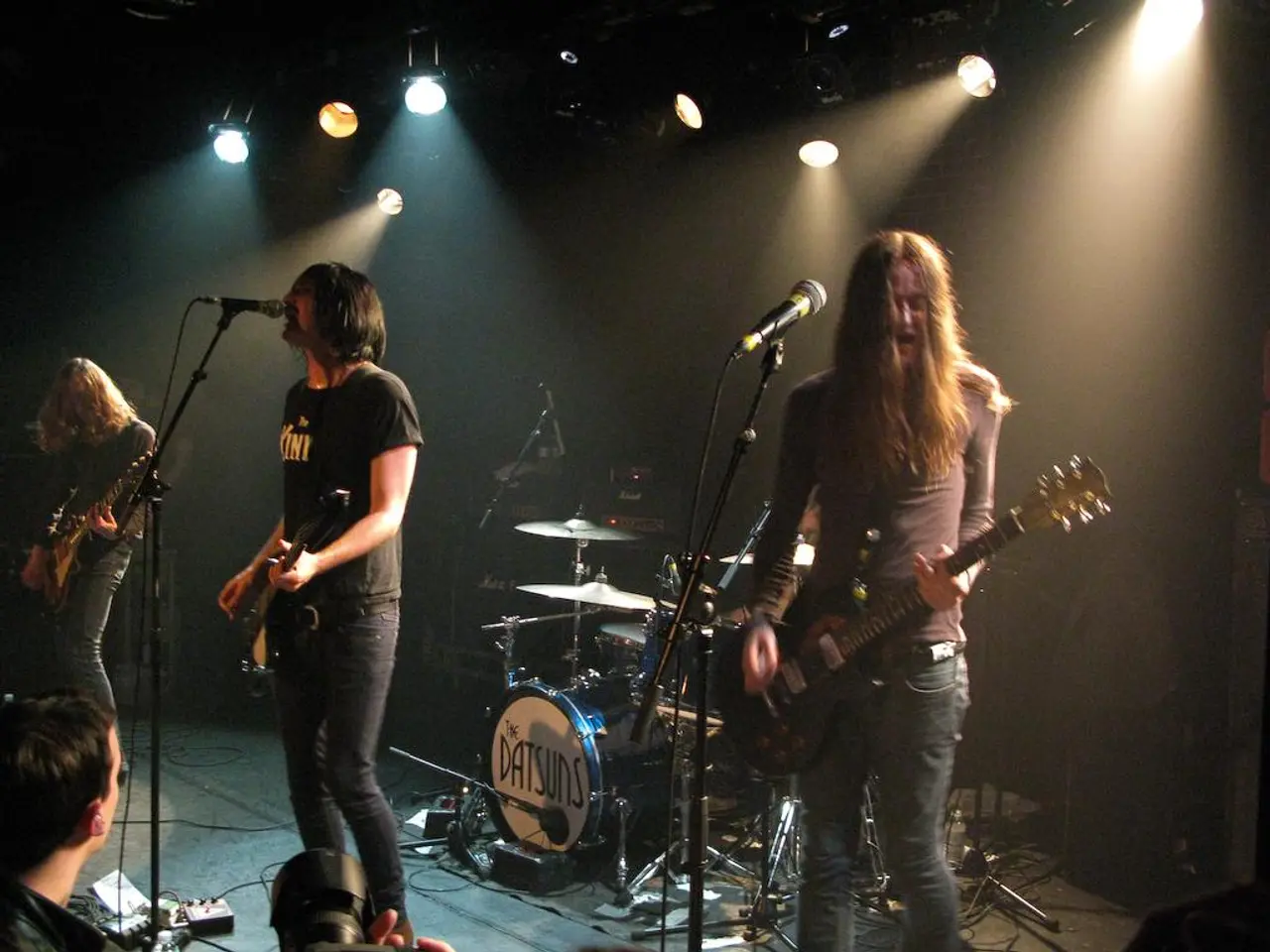Bulgaria's detainment of the liberal, pro-European mayor ignites demonstrations
In the heart of Bulgaria, the coastal city of Varna witnessed a wave of protests last week, as citizens voiced their concerns about the arrest of Mayor Blagomir Kotsev. The demonstrations, which also echoed in the capital Sofia and other cities, symbolise a growing unease about the current political situation in the country.
Kotsev, a member of the Progressive Party (PP), was apprehended by Bulgaria's Commission for Anti-Corruption. Accusations against him include running a criminal group that allegedly extorted companies that received public contracts. The arrest has been met with controversy, with Kotsev's party and political allies claiming it is part of a wider campaign against opposition parties.
Two municipal council members from Kotsev's own party and a businessman from Varna have been named as his accomplices. The businesswoman Plamenka Dimitrova, owner of a catering business, is allegedly close to the GERB party and her company was awarded contracts worth millions during the tenure of long-time leader Boyko Borissov. Dimitrova has reportedly been asked to hand over 15% of the value of a contract if she wished to keep it when the new leadership in Varna decided to work with another service provider.
The political landscape in Bulgaria has been marked by widespread allegations of corruption and political manipulation involving the main conservative party GERB. Critics argue there is a coordinated attempt by GERB and oligarch Delyan Peevski, who has been sanctioned by the UK and US for offenses such as bribery and embezzlement, to impose autocracy by using justice institutions to intimidate or dismantle opposition parties and politicians.
The European Commission's latest report indicates Bulgaria's judiciary lacks genuine independence, with only about 27% of citizens and companies trusting the courts, down from 43% in 2021. The prosecution, especially the Prosecutor General, retains excessive power, frustrating efforts to establish checks and balances or limit political interference.
Arrests of opposition local leaders, often from pro-European parties like "We Continue the Change–Democratic Bulgaria," have been widely criticized for irregularities, including witness intimidation and questionable evidence. Such actions are seen as politically motivated to weaken rivals and consolidate GERB's hold on power, particularly in cities traditionally controlled by opposition mayors.
Institutions like the Commission for Combating Corruption have themselves come under fire as ineffective or manipulated, sometimes accused of serving political interests rather than genuinely fighting corruption. Some officials have called for their closure, arguing the overlap of anti-corruption bodies breeds inefficiency and politicization.
The EU continues to monitor this decline in judicial independence and democratic norms closely and has expressed serious concerns about the erosion of Bulgaria's institutional integrity. However, critics argue that European Commission President Ursula von der Leyen is staying quiet due to her party's alliance with Bulgaria's GERB.
Political scientist Daniel Smilov has warned that Bulgarian democracy is in danger. Local demonstrators like Berkay in Varna predict a long fight ahead, saying, "I believe we must finally fight these evil models and those who embody them." Philip, a protester in Sofia, expressed his hope that the EU would stop unreservedly giving money to "these villains."
References:
- Balkan Insight
- Euractiv
- European Commission Report
- Reuters
- Open Democracy
- The waves of protests in Varna, Sofia, and other cities across Bulgaria are a reflection of the general news narrative, indicating a growing discontent among citizens towards the current government and politics.
- The European Commission's latest report has highlighted concerns about the lack of independence in Bulgaria's judiciary, with only 27% of citizens and companies trusting the courts, compared to 43% in 2021.
- Media outlets have reported on the allegations of corruption and political manipulation involving the main conservative party GERB, with critics claiming there is a coordinated attempt by GERB and oligarch Delyan Peevski to impose autocracy.
- The government's policy-and-legislation decisions regarding war-and-conflicts, crime-and-justice, and other critical issues have been met with controversy, as accusing fingers point towards a possible misuse of anti-corruption institutions for political purposes.
